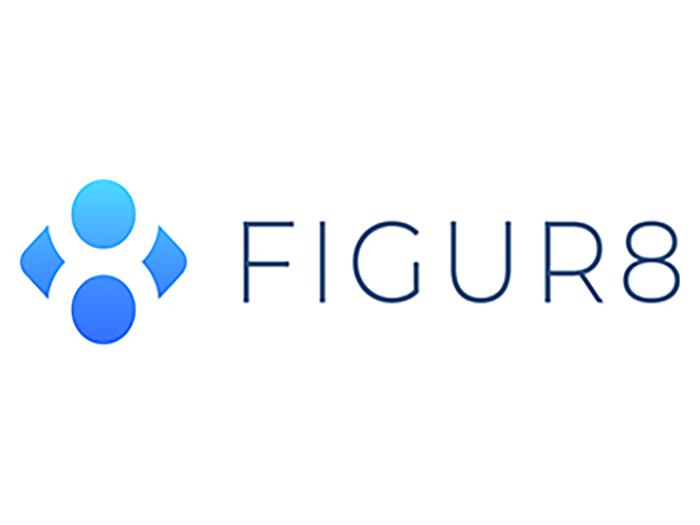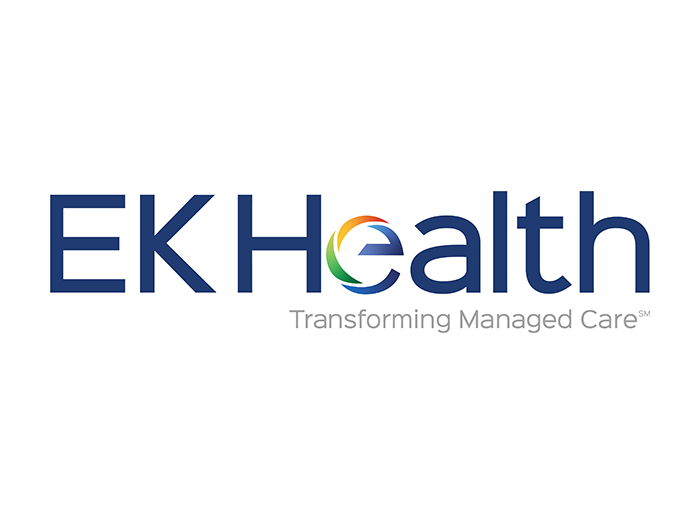How ‘Pay to Delay’ Impacts Self-Insureds and Other Pharmaceutical Payers

Two parallel courses of litigation, one in California and one in Illinois, have thrust the long-running dispute over the high cost of patented pharmaceuticals to the fore.
They have also reinforced how complex the issues are.
Late in July, the U.S. Ninth Circuit Court upheld California’s new law, AB 824, banning the practice of reverse payments. Those are when a brand name drug owner pays the maker of a generic to delay the entry of a rival drug to the market.
On August 25, the Association for Accessible Medicines (AAM), a coalition of generic-drug manufacturers, refiled its latest challenge to AB 824.
Separately, a complaint against AbbVie, which sells the arthritis drug Humira, was dismissed in U.S. District Court for the Northern District of Illinois, Eastern District. The plaintiffs, indirect purchasers of the medicine including several large insurance companies, have appealed, and their briefs are due September 21.
Consumers Overpay for Name Brand Medications
Health insurance companies and self-insured entities such as unions contend those payments, as well as non-cash quid pro quo agreements, keep the price of medication higher. Pharmaceutical companies stress that the settlements are legal and are both faster and less expensive than long and complex patent litigation.
In 2010, the Federal Trade Commission estimated that consumers pay $3.5 billion a year more than they should for branded medications because of reverse payments, which were widespread and considered to be immune from anti-trust laws.
In its 2013 FTC v Actavis ruling, the U.S. Supreme Court established a new standard that reverse payments were subject to anti-trust law but were not necessarily anti-competitive. And that is exactly where the current litigation is unfolding.
When Governor Gavin Newsom signed AB 824 into law in October 2019, Health Access, the California health care consumer advocacy coalition, said the bill is “intended to lower prescription drug prices for California consumers by hundreds of millions of dollars a year.”
Makers of generics disagree: “The patent landscape is very different now than it was at the time of the Actavis ruling,” said Karin Hessler, assistant general counsel for AAM.
“The practices around patent settlement have changed. Parties have conformed to the terms of Actavis. Settlements are fairly standard now.”
She noted that AbbVie has filed about 240 patent applications around Humira, and from that has been granted more than 100 patents. “The judge noted that was lawful activity,” said Hessler. “The patents run out to 2034. As a result of the settlements, we are going to have bio-similars on the market in 2023. The settlements are helpful.
“AB 824 goes significantly beyond Actavis,” Hessler stressed. “A settlement is the most efficient and cost-effective way” to get competing drugs to market. “The California law makes it harder to settle.”
AAM is also bringing a Constitutional challenge, asserting the law violates the commerce clause because it attempts to regulate activity outside the state.
“The great majority of the overcharges are falling directly on insurers,” said Tom Watts, associate attorney at Girard Sharp, a lead firm in the AbbVie litigation.
“Look at the economic incentives for the brand drug with the monopoly. There is more total revenue when the market is just the brand drug. The reverse payments are a way to split the monopoly.”
A Judge’s Ruling
In his ruling, judge Manish S. Shah acknowledged that “AbbVie makes a lot of money selling Humira. One reason is that AbbVie’s Humira-related patents (more than a hundred) make it difficult (if not impossible) to sell competing drugs. Another reason may be that the Food and Drug Administration’s lengthy approval process imposes additional costs on competitors hoping to reach the market. Still a third reason might be the expensive, complicated, and contentious patent infringement litigation that often follows FDA approval.”
All that said, Shah dismissed the case, writing, “plaintiffs say that AbbVie’s plan to extend its power over Humira amounts to a scheme to violate federal and state antitrust laws. But what plaintiffs describe is not an antitrust violation. AbbVie has exploited advantages conferred on it through lawful practices and to the extent this has kept prices high for Humira, existing antitrust doctrine does not prohibit it.”
Dena Sharp, a partner with Girard Sharp, noted, “It was as if the judge said, ‘that is just the way the world is.’ But that is not the way the world is, and not the way the world should be. AB 824 is a great step, but it is not the full answer. Drug companies have shown no end to creativity in splitting profits.”
Deborah Elman, an attorney with Grant & Eisenhofer, stressed that “patents protect holders’ intellectual property, but do not protect them from related wrongdoing, such as liability for anti-competitive activity. Which is really common sense if you think about it.”
There has also been some bipartisan effort in Congress.
In 2017 U.S. senators Chuck Grassley (R-Iowa), chairman of the Senate Judiciary Committee, and Amy Klobuchar (D-Minn.), ranking member of the Senate Judiciary Subcommittee on Antitrust, Competition Policy and Consumer Rights, introduced the Preserve Access to Affordable Generics Act.
In June 2018, the senators urged the FTC “to examine whether makers of biologic medicines are using strategies like ‘pay for delay’ to hinder or delay bio-similars from entering the market.
The use of ‘pay for delay’ deals — the practice of brand-name and generic drug companies using pay-off agreements to delay the introduction of cheaper substitutes — and other anti-competitive tactics for biologics could make some critical prescriptions unaffordable for patients.”
Sharp credited Klobuchar in particular saying, “Amy has done a lot of good work in this space. But here we are three plus years along and what has happened? The lobbying power of the pharmaceutical companies will be brought to bear.” &









